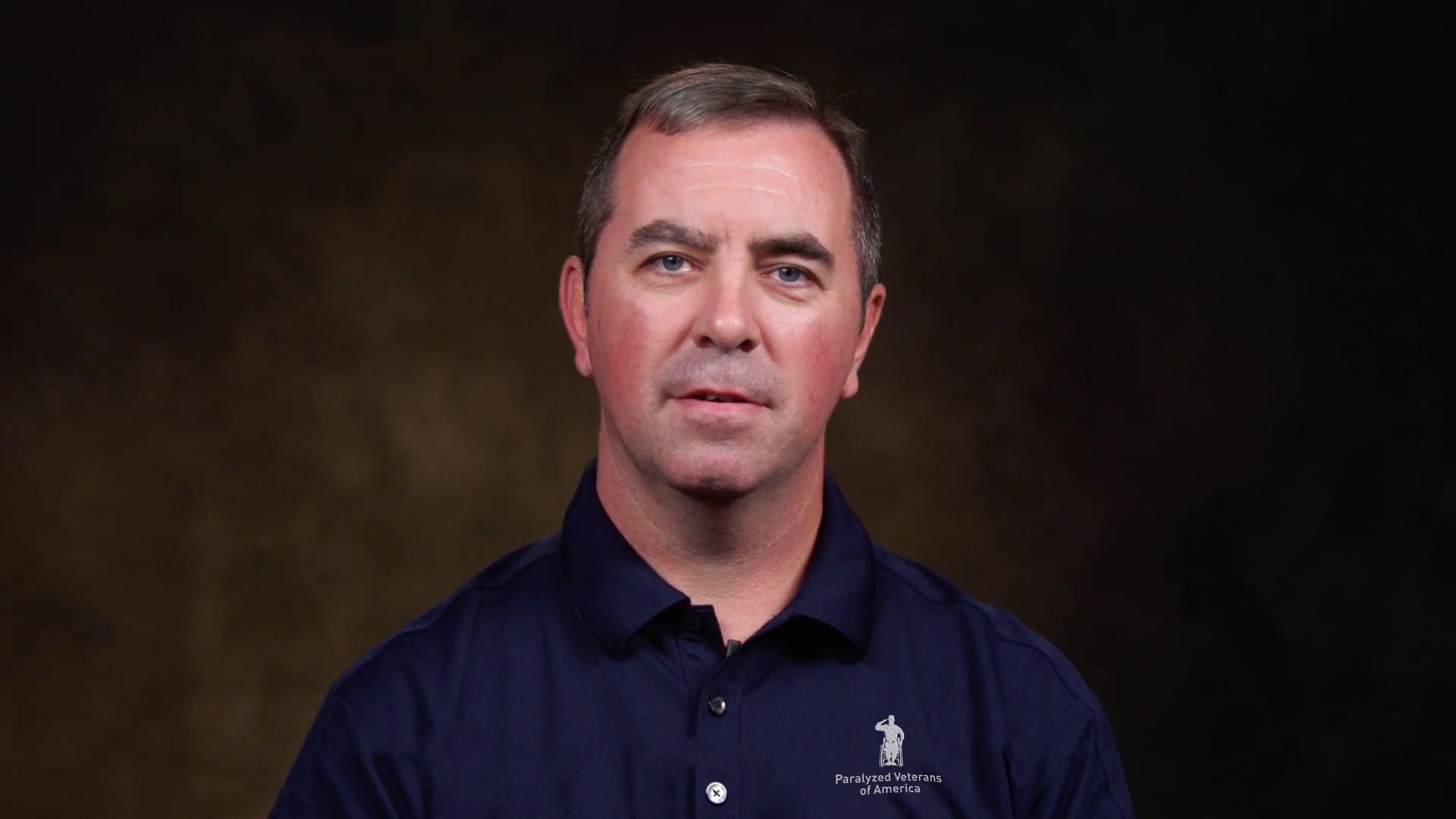Editor’s note: The following commentary was contributed by Carl Blake, executive director of Paralyzed Veterans of America. The content may be edited for clarity, style and length.
A recent article in The New York Times painted veteran service organizations (VSOs) as at odds with each other and the Department of Veterans Affairs (VA) — an idea I have heard echoed elsewhere that is shortsighted and just plain wrong.
As a West Point graduate, U.S. Army Veteran, and member of Paralyzed Veterans of America (PVA), I know firsthand the benefits of the services provided by all VSOs, old and new, including PVA. And I have worked closely with many of them for nearly 18 years.
It’s true that since 9/11 many nonprofits have been formed to support first responders, active duty military and veterans. But each VSO is focused on particular areas of expertise to limit overlap. For example, at PVA we provide lifelong support, programs and advocacy for veterans of all generations with spinal cord injury and disorders (SCI/D), and we advocate for the civil rights of all people with disabilities.
The most troublesome suggestion from the article is that VSOs, particularly “legacy” organizations and newer organizations, are not working together. This could not be further from the truth. Collaborations are everywhere in the VSO community.
In July of 2019, PVA will host the 39th annual National Veterans Wheelchair Games in partnership with VA. This is the largest event of its kind, offering camaraderie, competition, and shared experience for the more than 600 veterans participating. Last year, the Independence Fund, WWP and Disabled American Veterans (DAV), either sponsored the event or sent teams or individuals to participate in this multiday sporting event.
It is the responsibility of VSOs, like PVA, to continue to push VA to provide the best services possible. That doesn’t necessarily mean we are at odds. It means we’re standing guard and sharing our views in an attempt to affect change and doing that in a collaborative way. For over 70 years, PVA has been working hand-in-hand with VA to provide the best possible health care for veterans with SCI/D specifically, as well as for all veterans seeking services from VA. Our services literally start at the bedside, because we have full-time staff at all VA SCI/D centers to help veterans with their specific needs. We stay engaged throughout their entire recovery and rehabilitation
Working with our VSO counterparts at DAV and Veterans of Foreign Wars (VFW), we provide budget and policy recommendations about VA health care and benefits through The Independent Budget — a collaborative effort that has informed Congress and VA for over three decades, which was released last week.
Advocacy is mission-critical for veterans and their families. Being a collective voice and representing many points of view has resulted in legislation that has impacted millions of Americans, to include all generations of veterans. At PVA, we have provided critical leadership in the passage of important disability civil rights laws, such as the Americans with Disabilities Act, the Air Carrier Access Act and amendments to the Fair Housing Act. These laws protect the civil rights of not only every veteran with a disability, but all people with disabilities.
VSOs are working together and with our nation’s leaders, as was evident this past summer with the passage of the VA MISSION Act. Over 30 VSOs endorsed the legislation and provided critical input. This comprehensive piece of legislation is illustrative of the collective power of the veteran community and the desire to work together to improve the lives of veterans of all eras.
This is not to say we cannot do more in the VSO community — success is a moving target that requires constant focus, attention and collaboration. To solve complex issues, many viewpoints must be heard to arrive at the best possible outcomes. After all, this is our shared goal — to help veterans. This is what those who are defending our freedoms deserve, and we should all give our time, energy and resources to support this cause. That is why PVA will continue to embrace the future and evolve, as we have for decades, to address the challenges faced by every generation of veterans, as well as all people with disabilities.










